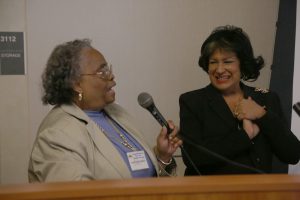 The Jackson State University Class of 1963 on Friday presented a $50,000 check to JSU President Carolyn Meyers to establish an endowed scholarship for students in need of financial assistance.
The Jackson State University Class of 1963 on Friday presented a $50,000 check to JSU President Carolyn Meyers to establish an endowed scholarship for students in need of financial assistance.
The endowment will soon increase to $100,000 through the university’s federal match program. The presentation was made during the Class of 1963 luncheon, one of the activities scheduled as part of the 50-year class reunion.
“We are aware of the need our young students have. Many of us here were on scholarships. Many of us were on student loans. Somehow we made it,” said 1963 valedictorian, Clarice Clayton Johnson, as she made the presentation to Meyers.
Meyers, who was surprised to receive the gift, thanked the group for “investing in future generations, for caring enough about the institution to make sure those who came after them have the chance to learn.”
The gift will be used to assist students in financial need who have strong academic promise to achieve a bachelor degree. The scholarship criteria include maintaining a 2.75 GPA or better, and having strong moral character and integrity.
During the luncheon, class members reflected on their time at JSU, and their role in effecting change during the turbulent civil rights era.
“We were considered rabble rousers. We were protesting. We were fighting for what we wanted. We wore this campus out,” said Dr. Doris Ginn, a professor of liberal arts at JSU, who was a member of the class and helped organize the reunion.
Indeed, 1963 was considered a pivotal year in the civil rights movement. The Rev. Dr. Martin Luther King, Jr., penned his influential “Letter from Birmingham Jail” and Mississippi NAACP field secretary Medgar Evers was gunned down outside his home by a white supremacist. Later that year, some 200,000 civil rights activists marched on Washington, D.C., more than a month before four little, black girls died in the bombing of the Sixteenth Street Baptist Church.
There were marches near Jackson State’s campus and student clashes with then-JSU President Jacob Reddix. Class members said the university leader disapproved of the students’ involvement in the protests, which often led to activists being arrested, beaten or threatened.
“We marched downtown at our own risk as students. My generation and the generation before mine paid a great price,” said T.J. Robinson, who retired from JSU in 1999 as executive assistant to the president.
“I urge all young people at JSU to take advantage of every available educational, business, community and social opportunity they can,” Robinson said. “And then, they should help others who come behind them. That’s what we’re doing with this scholarship.”



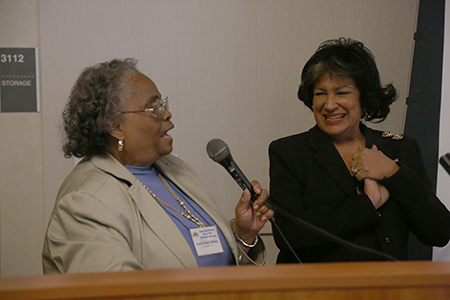


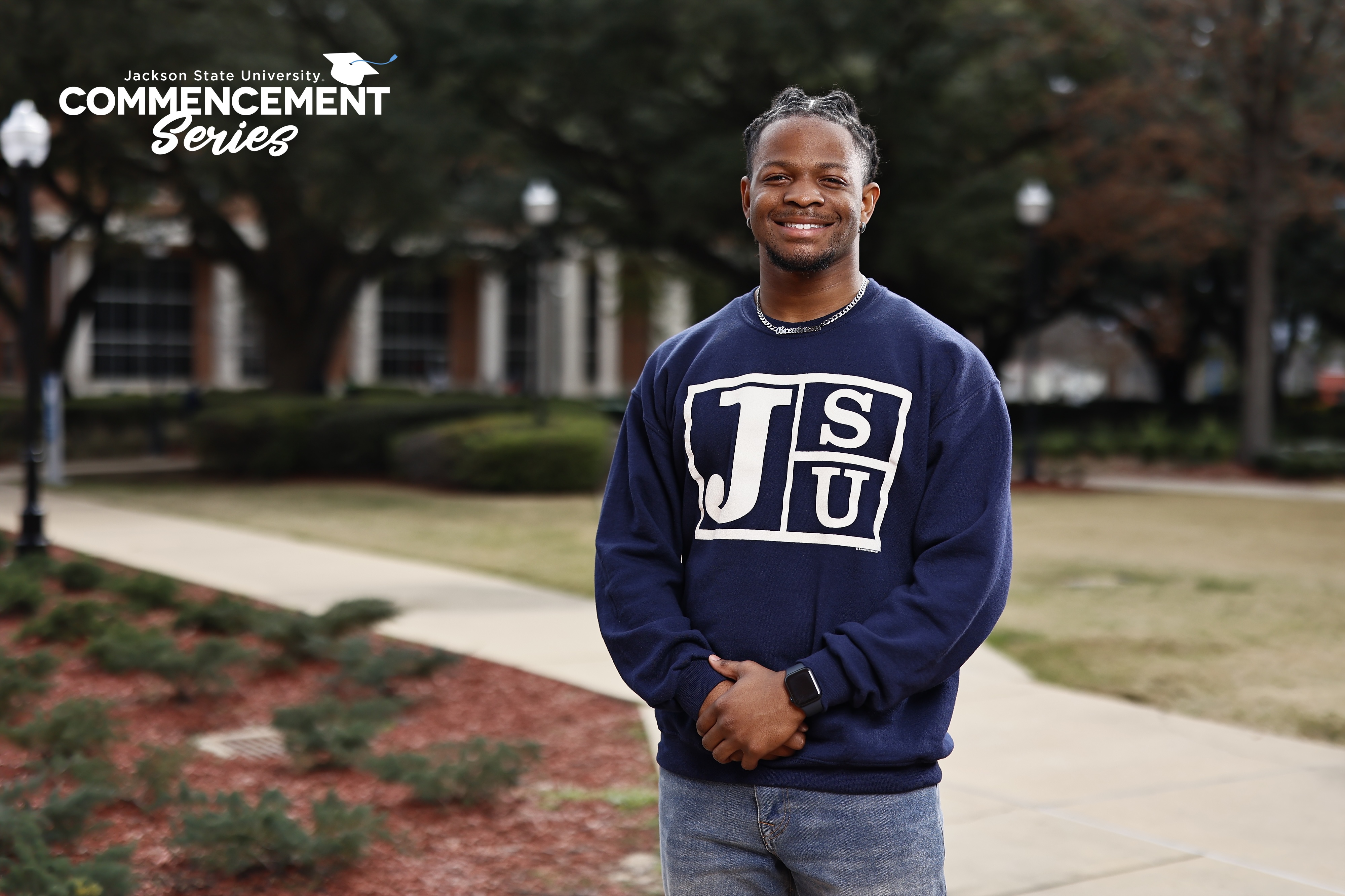
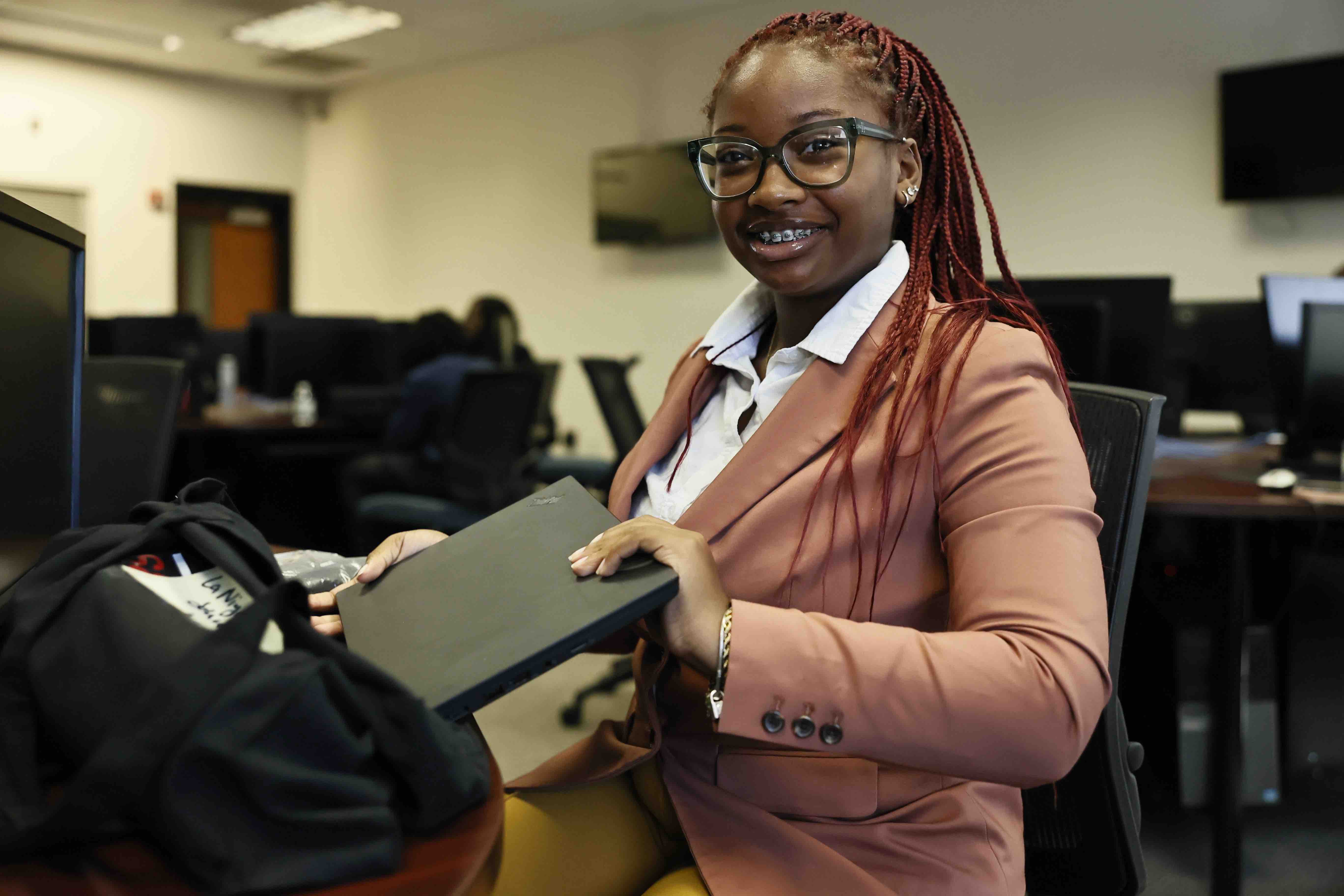
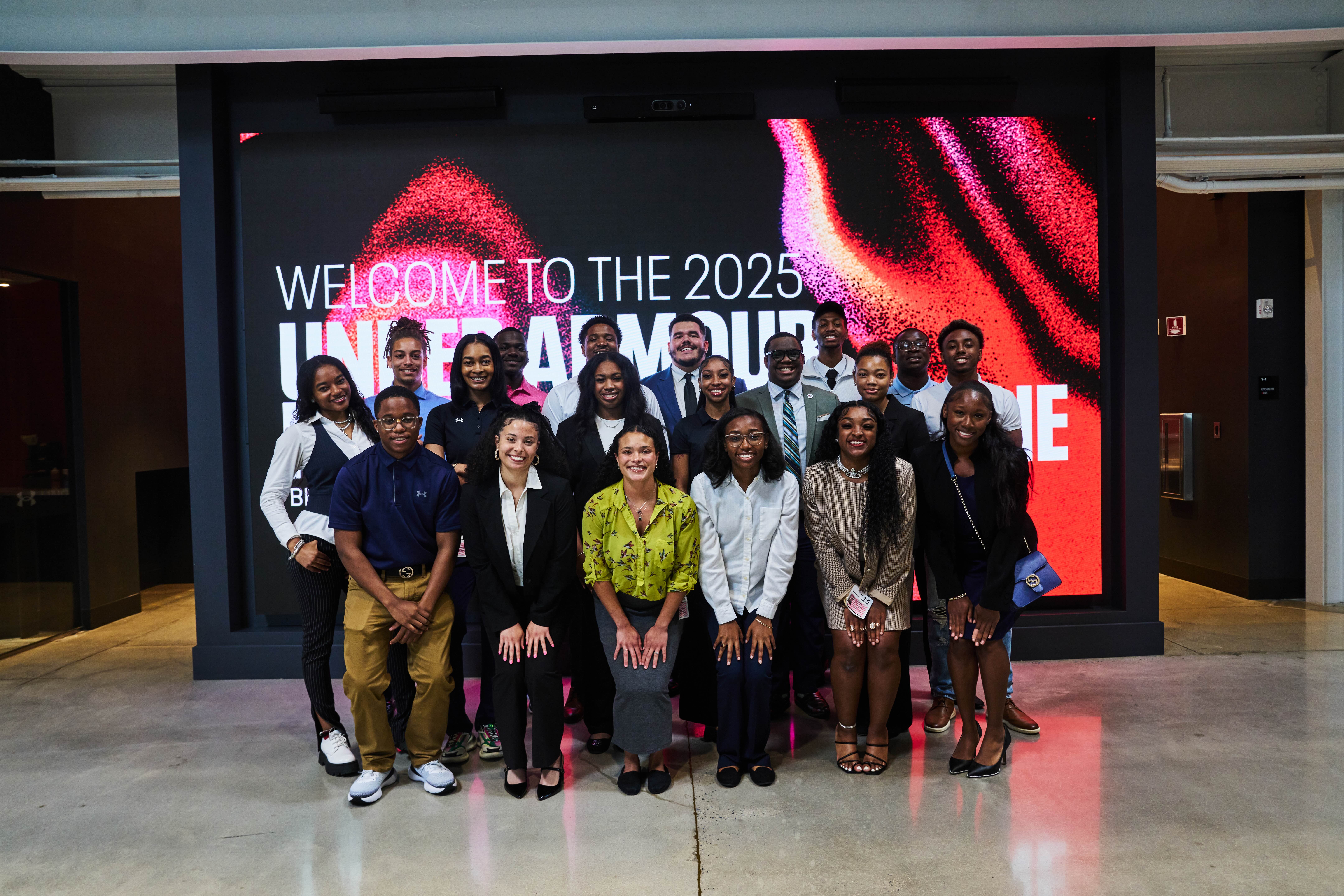
Leave a Reply